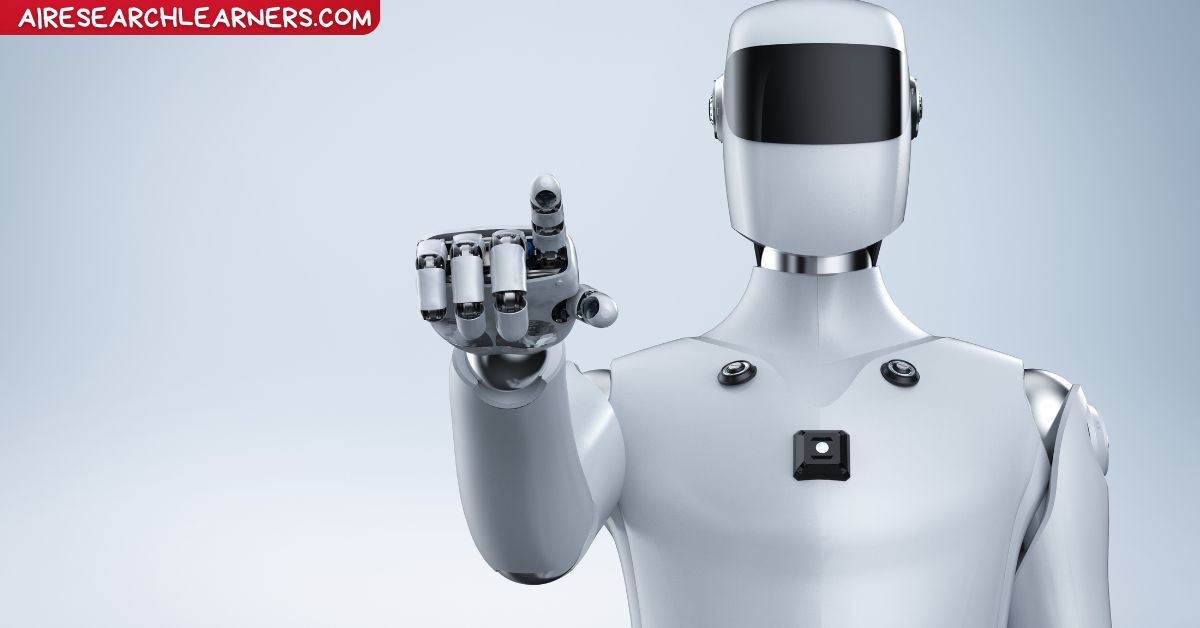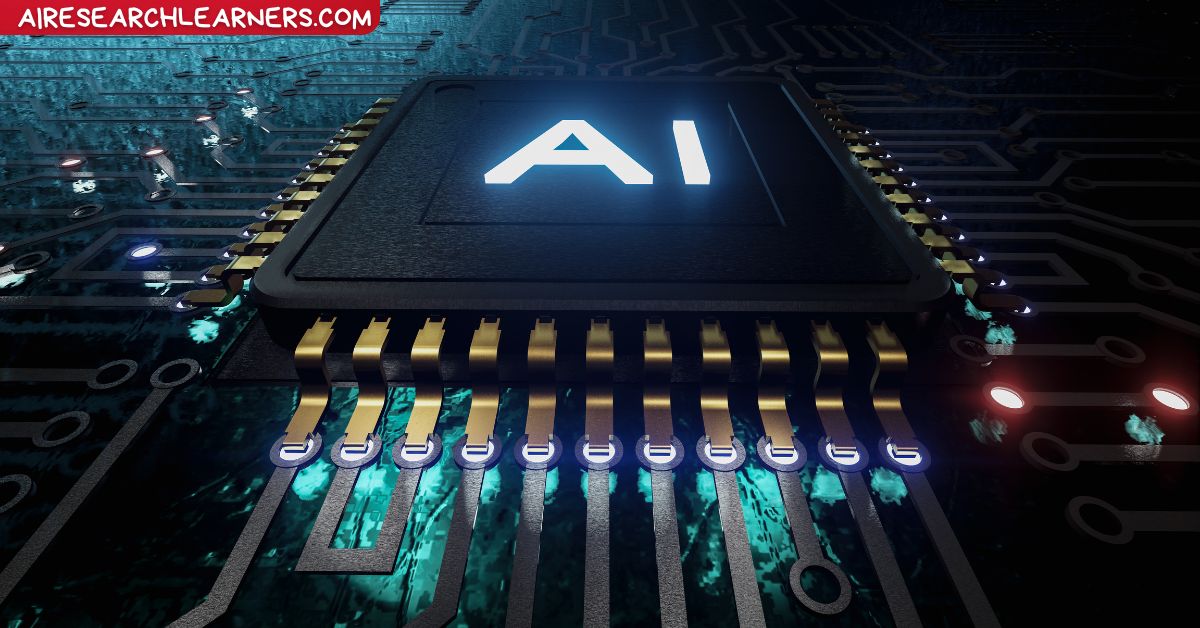The future of AI thinking power is a subject of great interest, and examining this question offers an optimistic look at the question of whether or not our artificial intelligence (“AI”) will ever transcend or equal human thought. In 2025, AI is very good at narrow tasks, but the possibility of very high-level AI cognitive power—which includes things like reasoning and creativity and adaptability—is already generating discussion around continuation.
What Is AI Thinking Power?
Power of AI thinking is determined by the cognitive abilities of AI systems such as reasoning, problem solving, creativity, and adaptability. In asking about the future of AI thinking power, they want to know what AI would copy or transform to think (like humans) — maybe even as well as a human, in a way. While existing artificial narrow AI, even most general AI, are tied to specific tasks, future AI could end up more like Artificial General Intelligence (AGI) or beyond, using AI cognitive capabilities which are capable of independent and also creative thinking.
- Existing AI Thinking: Propelled by machine learning, natural language processing (NLP) and data-driven algorithms.
- Future AI Thinking: Targets to have reasoning, creativity and cross-domain generalization capabilities.

Current status of AI thinking power in 2025
July 27, 2025 AI like Grok by xAI has impressive AI cognitive capabilities, but they are still narrow — they do very well at specific tasks, like tasks for natural language processing and data analysis. Here’s what the landscape looks like now:
1. Narrow AI’s Cognitive Strengths
What we have in AI today today AIfacetoday AI is really classical AI, it’s AI that tries to simulate tasks that we would consider as cognitive. Maybe you’d have to answer a complex question, create creative content, solve a structured kind of problem. They are not cognitive tasks such as answering complicated questions, creating, solving 😉, it’s not true human-like AI thinking.
- Examples: AI models like Grok can have conversations, look for patterns in data and generate text, presumably emulating reasoning.
- Drawbacks: They only work with pre-programmed algorithms and big datasets, they don’t think on their own.
2. Advances in Cognitive Flexibility
2025 technologically. The future of AI thinking power is clear: system can transfer learn and be multi-modal AI.
- How It Works: AI is trained on one thing (in this case, language) and is able to learn other things (say, how to analyze images) with a lot less retraining.
- Gap: Missing the systemic flexibility and intuition of human perception.
3. Creative and Reasoning Capabilities
AI operandi (for example, painting pictures or writing stories) […] But these are data-driven simulations and not real advanced AI reasoning.
- Strengths: AI can work with large datasets rapidly, allowing it to beat humans at certain cognitive tasks.
- Weakness: Absent is consciousness, intuition or self-directed goals so essential to real machine thinking potential.
Future Possible Development of AI Thinking Power
The prospects of AI thinking power are promising, and the future breakthroughs may carry AI cognitive power to another level:
- Independent Reasoning: AI might become capable of independent reasoning, i.e. solving new problems without guidelines.
- Creative Innovation: Future AI could create original ideas in ways that actually surpass human creativity in areas like scientific discovery or art.
- Contextual flexibility: AI might understand the sort of messy, complicated real-world contexts, emotional and cultural complexities, with human-like AI thinking around the corner.
- Active Self-Learning AI: AI will be able to actively learn (similar to humans – active self-learning) from very less data like humans.
Obstacles to Increasing AI Legal Power
There are major roadblocks to achieving advanced AI thinking power:
- Consciousness: Thinking is only real thinking if it’s subjective, which AI is not in 2025.
- Computation Bound: What is required for developing AI cognitive evolution is a leap in computation power and efficiency.
- Data Dependence: The AI canvas of today works with masses of data while the human brain learns from scarcity of resources.
- Ethical and Safety: More advanced AI cognitive capabilities increase the risk of misaligned, uncontrollable, or society-disrupting outcomes.
These issues emphasize that the future of AI thinking power is still somewhere in the distant future.
The Road Ahead for A.I. Thinking Power
The future of AI brain power hinges on advances in tech, science and ethics:
- Technological Developments: Technological progress in machine learning, quantum computing, or neural architectures might lead to improved AI Reasoning capabilities.
- Cross-Disciplinary Approach: If we draw from insights in neuroscience and psychology, it may reveal ways to go about human-like AI thinking.
- Ethical Frameworks: Building AI-cognitivepower will rely on governance to ensure safety, transparency, and alignment with human values.
According to experts, 13 decades could pass and man may never get to AI Cognitive Abilities of human thinking, if a full understanding on consciousness and cognition is not attained.
Q&As About the Future of AI Thinking Power
1. What is next for thinking power of AI?
AI thinking in the future would expect AI to evolve into human-like AI thinking, and may be even autonomous, creative and adaptive.
2. Will AI be able to think like humans in the future?
Whereas current AI might emulate AI cognitive facilities, future development may afford advanced AI reasoning but at best human-like thinking would only be achievable with consciousness.
3. How similar is the current AI thinking to human cognition?
Present AI is very good at doing particular things such as data analysis, but it has nothing like the flexibility, intuition or consciousness of human-like AI thinking.
4. What constrains the future of AI thought power?
AI cognitive evolution is limited by no consciousness, computational and data limits, and ethical concerns.
5. Might AI eventually exceed human thinking?
The cognitive capacity of machines still pales when compared to that of humans. Future AI might reach AI cognitive superiority but exceeding machine thinking potential will involve breakthroughs in digital cognition.
6. What are the ethical implications of advanced AI cognition?
AI thinking capacity requires special emphasis on misalignment and control risks, as well as societal effects; strong ethical guidelines will be a must.
Conclusion
The future of AI thought: It has potential to revolutionize technology and society, but in 2025 AI is like a five year old and still has only narrow, data driven cognition. Machine learning and AI cognitive flexibility are pushing us towards human-like AI thinking, but real cognitive parity has some major scientific and ethical challenges to overcome.
Our Latest Articles About AGI ….

